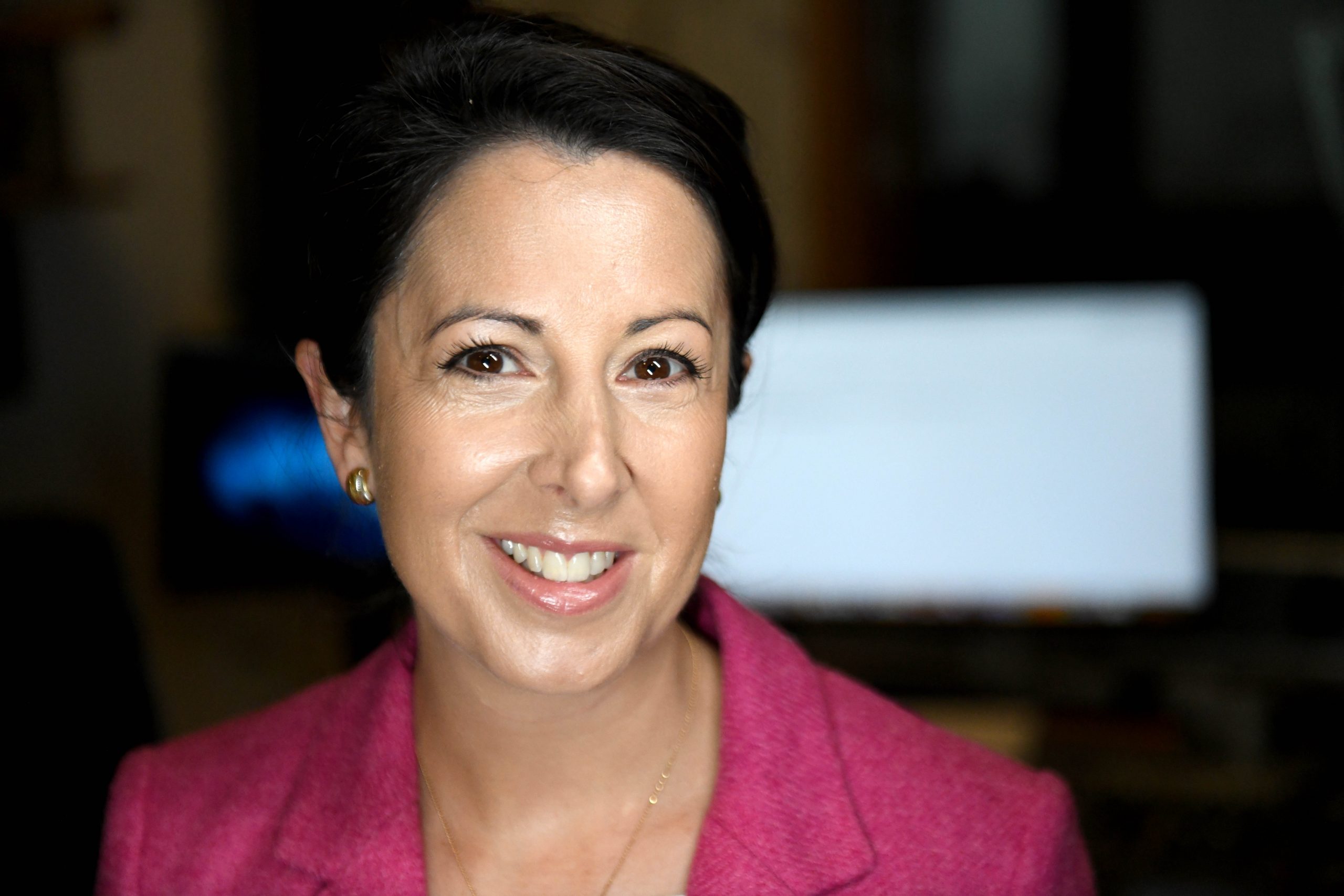Two decades of working as a physiotherapist in hospitals and in the community led Sonia Neary spotting an opportunity for digital transformation in patient care. Initially she developed an idea to solve a problem she had been having as a travelling physio, a way to manage patient records on the move and to digitally schedule appointments and receive payments. But as time went on, she understood the pain points she was feeling were being experienced across the healthcare industry. Healthcare is generally seen as a digital laggard rather than a leader in delivering services to its users – even the…
Cancel at any time. Are you already a member? Log in here.
Want to continue reading?
Introductory offer: Sign up today and pay €200 for an annual membership, a saving of €50.

